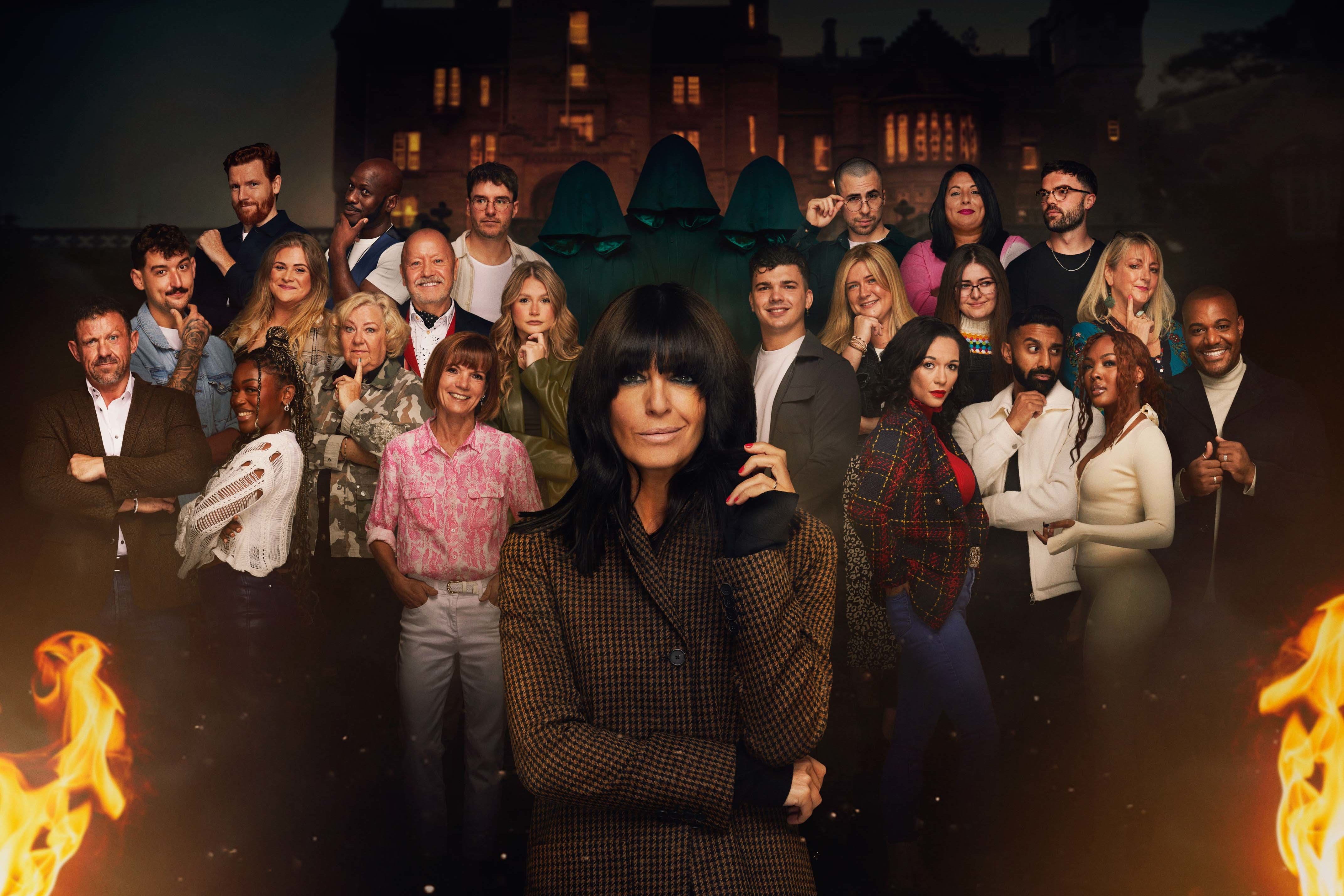Research may shed light on difficulty in identifying The Traitors
The School of Psychology at the University of Aberdeen looked at how people judge groups.

Your support helps us to tell the story
From reproductive rights to climate change to Big Tech, The Independent is on the ground when the story is developing. Whether it's investigating the financials of Elon Musk's pro-Trump PAC or producing our latest documentary, 'The A Word', which shines a light on the American women fighting for reproductive rights, we know how important it is to parse out the facts from the messaging.
At such a critical moment in US history, we need reporters on the ground. Your donation allows us to keep sending journalists to speak to both sides of the story.
The Independent is trusted by Americans across the entire political spectrum. And unlike many other quality news outlets, we choose not to lock Americans out of our reporting and analysis with paywalls. We believe quality journalism should be available to everyone, paid for by those who can afford it.
Your support makes all the difference.New research may explain why people’s judgments of the trustworthiness of groups are often flawed, as seen in the hit TV series The Traitors.
The popular BBC show follows a group of contestants in which some become Traitors and the remaining Faithful must work together to eliminate them from the game and collect the prize money.
In the second series, screening now, the Traitors have so far proved elusive with the Faithful struggling to identify who should and should not be trusted.
A study from the School of Psychology at the University of Aberdeen found when people encounter groups, they judge their trustworthiness by combining their facial features into one “composite face”, which researchers say can have serious implications for how they perceive them.
Postgraduate student Fiammetta Marini explained: “We know that we subconsciously judge whether an individual is trustworthy based on facial characteristics.
Maybe what it really shows is that we should focus on what people do, as opposed to judgments about whether we like the look of them
“For example, high eyebrows that seem surprised-looking in their shape, along with a U-shaped mouth, are usually perceived as trustworthy.
“On the other hand, eyes close together or lower eyebrows are often perceived as untrustworthy.
“It is important to note, however, that these judgments are neither accurate nor reliable.
“The link between facial features and actual trustworthiness is far from perfect, and trustworthiness impressions are insufficiently accurate to serve as reliable foundations for real-world decision-making.
“Regardless, we make these split-second judgments and they have a big impact in our everyday lives, even if these impressions are not always accurate, they invariably shape our social behaviour.”
Ms Marini and her research colleagues found that rather than examining every individual face, our visual system blends the trustworthiness impressions of an entire group of faces into an average representation that gives us an immediate gist.
This process is termed “ensemble perception” and is thought to be particularly useful as it allows people to quickly extract perceived social information.
The research, which was conducted under the supervision of lecturers Dr Mauro Manassi and Dr Clare Sutherland, found this judgment is made in around a quarter of a second.
Ms Marini continued: “Traditionally, research has focused on trustworthiness impressions at the individual face level by exploring how we form trust judgments of single individuals.
“Obviously in everyday life, we often encounter groups of people rather than only isolated individuals, so it is essential to understand how we form impressions of groups.
“Fundamentally what is important is that trustworthiness impressions of a group can potentially influence our behaviour towards that group.
“But it is important to remember that we are only talking about facial features.
“Maybe what it really shows is that we should focus on what people do, as opposed to judgments about whether we like the look of them.
“This can explain why people may say things like ‘there’s just something about them I don’t trust’ or ‘I don’t trust any of them’, and yes, it may explain why the Traitors are proving so elusive.”
The study is published in the journal Cognition.
The latest series of The Traitors, hosted by Claudia Winkleman, concludes on BBC One on Friday.